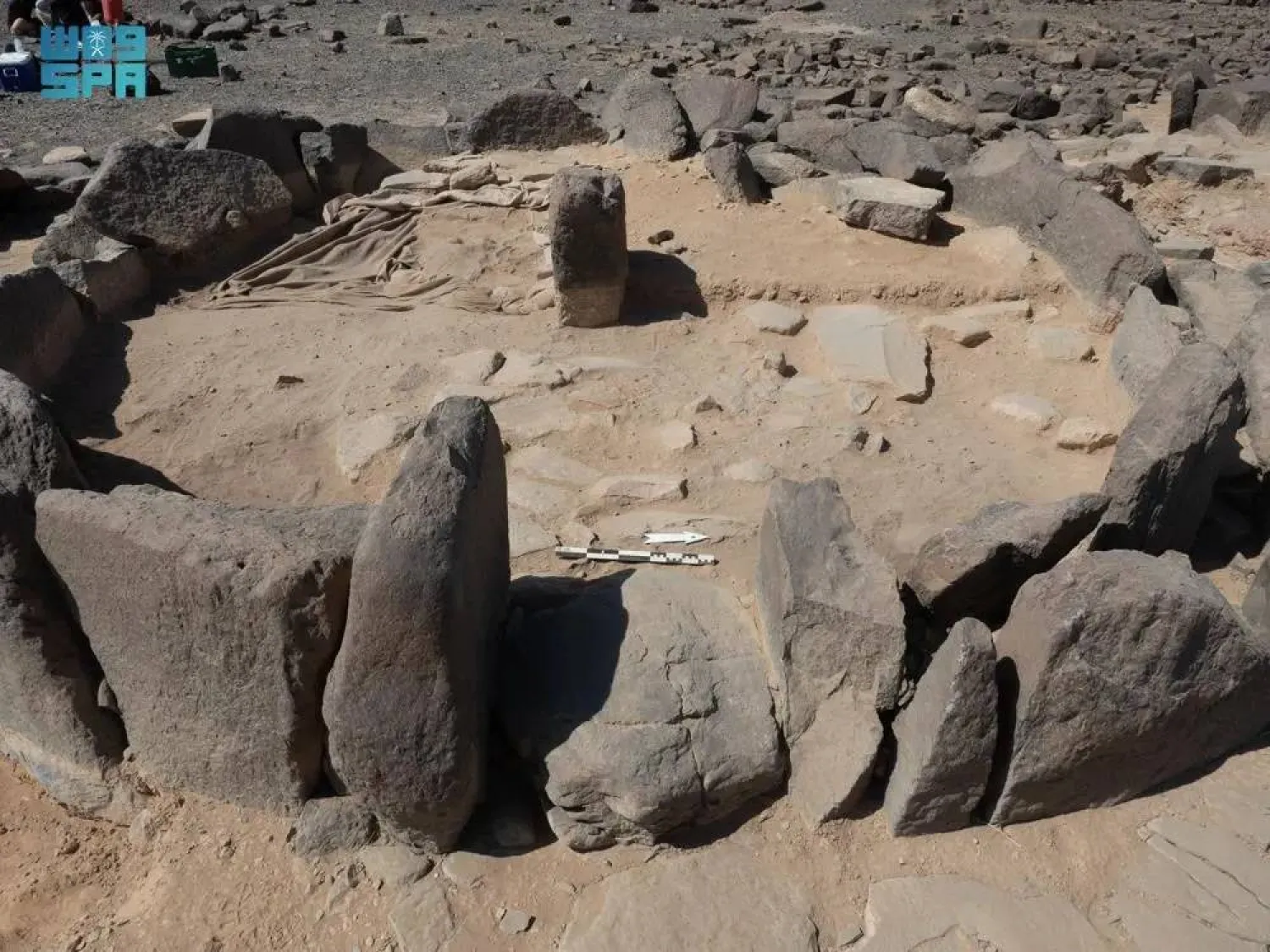The Royal Commission for AlUla (RCU) announced that a team of archaeologists has reached the first comprehensive description of human settlements in the northwest of the Kingdom of Saudi Arabia during the Neolithic period.
The achievement was made through a study supervised by the authority, which found evidence indicating that the region's inhabitants in the sixth and fifth millennium BC was more stable and developed than previously thought.
The research showed that the inhabitants of this area were herding cattle, and practicing the jewelry industry, and the business of trade, as their location helped them to engage in their trade with the various neighboring areas such as East Jordan and areas overlooking the Red Sea.
The results of this study were published in the scientific journal "Levant". Contributors included archaeologist Jane McMahon, from the University of Sydney, through a research team supervised by the authority.
The team provided the latest findings and observations on archaeological investigations of structures known as a stone circle; a unique type of dwelling consisting of vertically erected stone slabs with a diameter of four to eight meters.
The study said the stone slabs erected in two rows in the outer circumference of the circle appear to have been used as foundations for wooden columns (possibly Acacia) that were used to support the roof of the dwelling, with a slab in the center of the circle to support the main wooden column.
The tools and animal remains found at the site indicate that the ceilings may have been made of animal skins.
"The research tests hypotheses about how the first inhabitants of the northwest Arabia lived", said McMahon.
She noted that the inhabitants were not just shepherds living simple lives, but had distinctive architecture, dwellings, domesticated animals, ornaments, decorations and various tools.
Based on the number and size of stone circles it is likely that their numbers were enormous and much more than previously thought.
The study also revealed that the types of arrowheads found closely matched those used in southern and eastern Jordan, which is a clear indication of the interaction and interdependence between the inhabitants of the two regions.
Several experts, including a scientific team from King Saud University, as well as the citizens of AlUla, participated in the preparation of the study.









